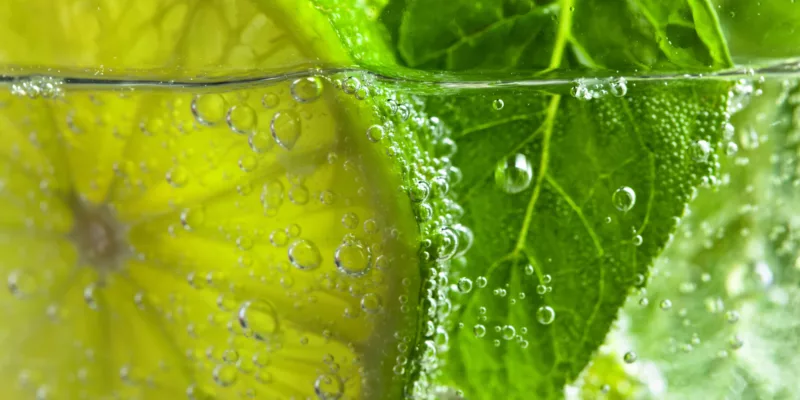
Gum Acacia (414) is a cold soluble hydrocolloid used for fibre enrichment, binding, film forming and emulsifying. Gum Acacia comes in Seyal and Senegal varieties. Senegal is primarily used for emulsification and Seyal for fibre fortification.
Application
| Application | Function |
|---|---|
| Flavour emulsions | Emulsion stabilisation |
| Baked products | Reduces water migration, retards staling |
| Extrusion Products | Enhances extrusion and cohesion, improves crispness |
| Fibre content | Increases dietary fibre without contributing to taste while enhancing mouthfeel |
| Confectionery | Reduces hydroscopicity, binding agent at high dose rates. |
Chemistry
Gum Acacia (E414) is a polysaccharide with a glycoprotein base structure and highly branched polysaccharide sidechains. In comparison with other hydrocolloids Gum Arabic is a relatively large molecule and has a molecular weight of 500,000 – 600,000 Daltons.
Properties
Viscosity: Typically solutions of 10% w/w Gum Acacia or less have very little viscosity and exhibit Newtonian rheological behaviour. Solutions of 30% w/w Gum Acacia have increased viscosity, with pseudoplastic behaviour. Solutions of up to 50% w/w Gum Acacia can be prepared but higher concentration solutions can be difficult to handle.
Acid Stability: Gum Arabic is stable in most acid conditions and is well suited to beverage and fruit applications.
Emulsification: Gum Acacia derived from Acacia Senegal tends to have better emulsification properties.
Heat Stability: Although Gum Acacia has excellent heat stability, prolonged storage of a Gum Acacia solution at extreme temperatures can result in the loss of some of the functional properties.
Hydration: Due to the Nexira Food manufacturing process, Gum Acacia disperses and hydrates quickly in both hot and cold water.
